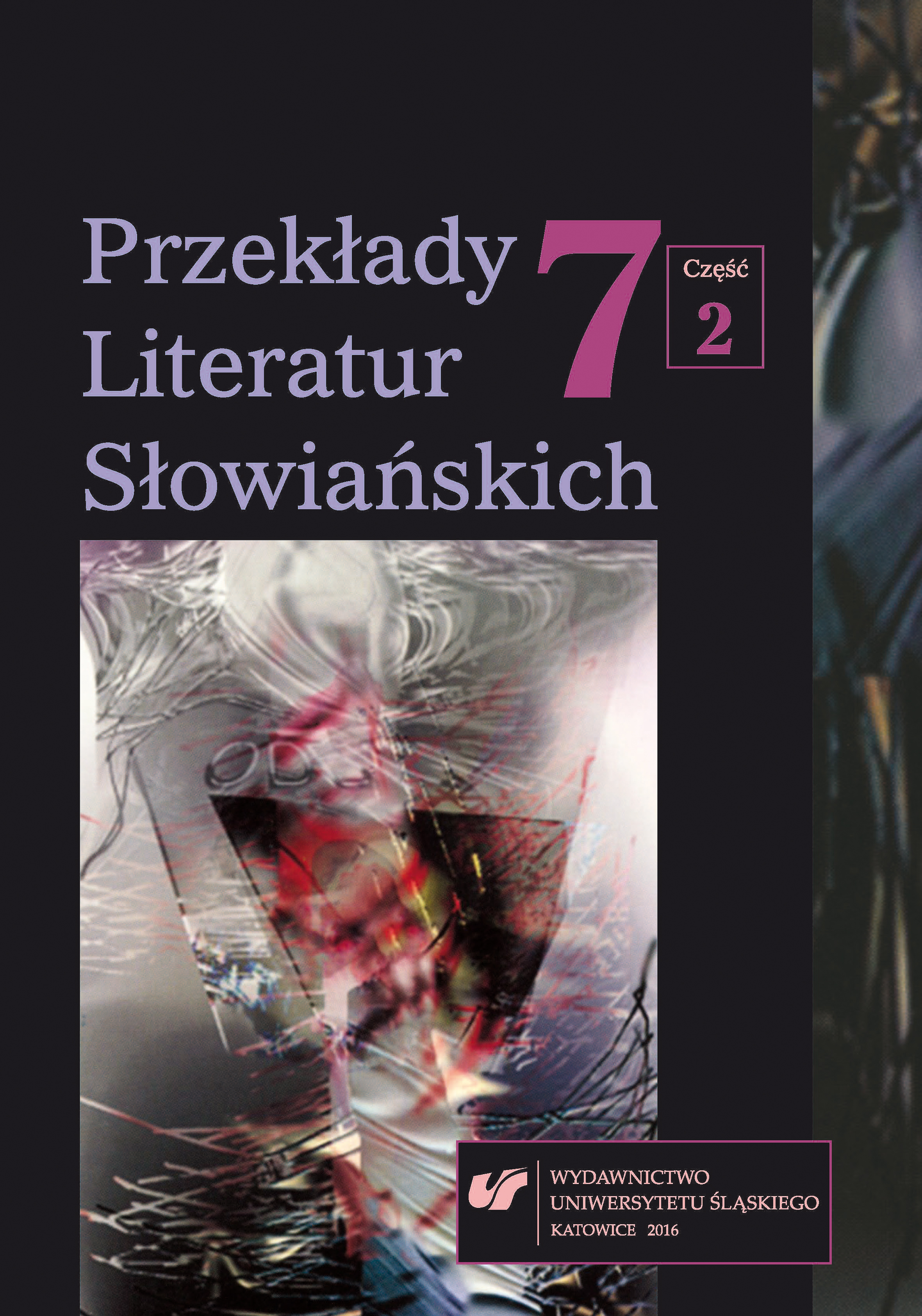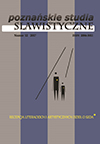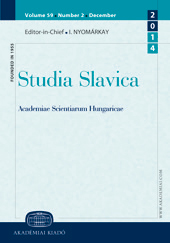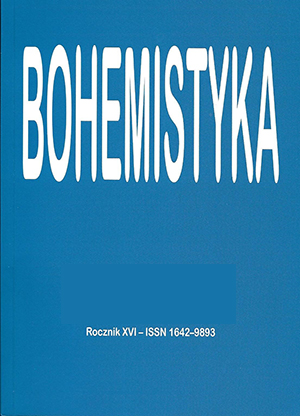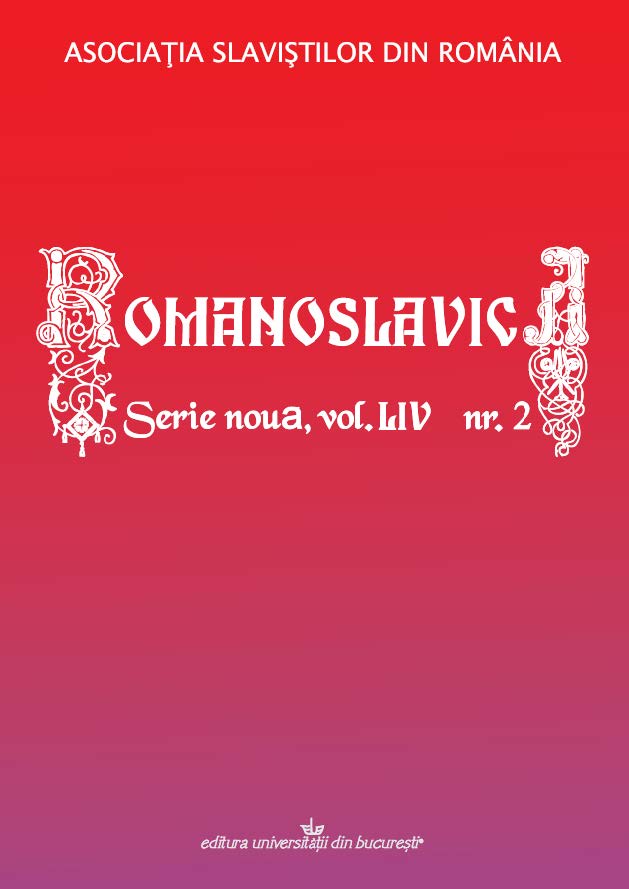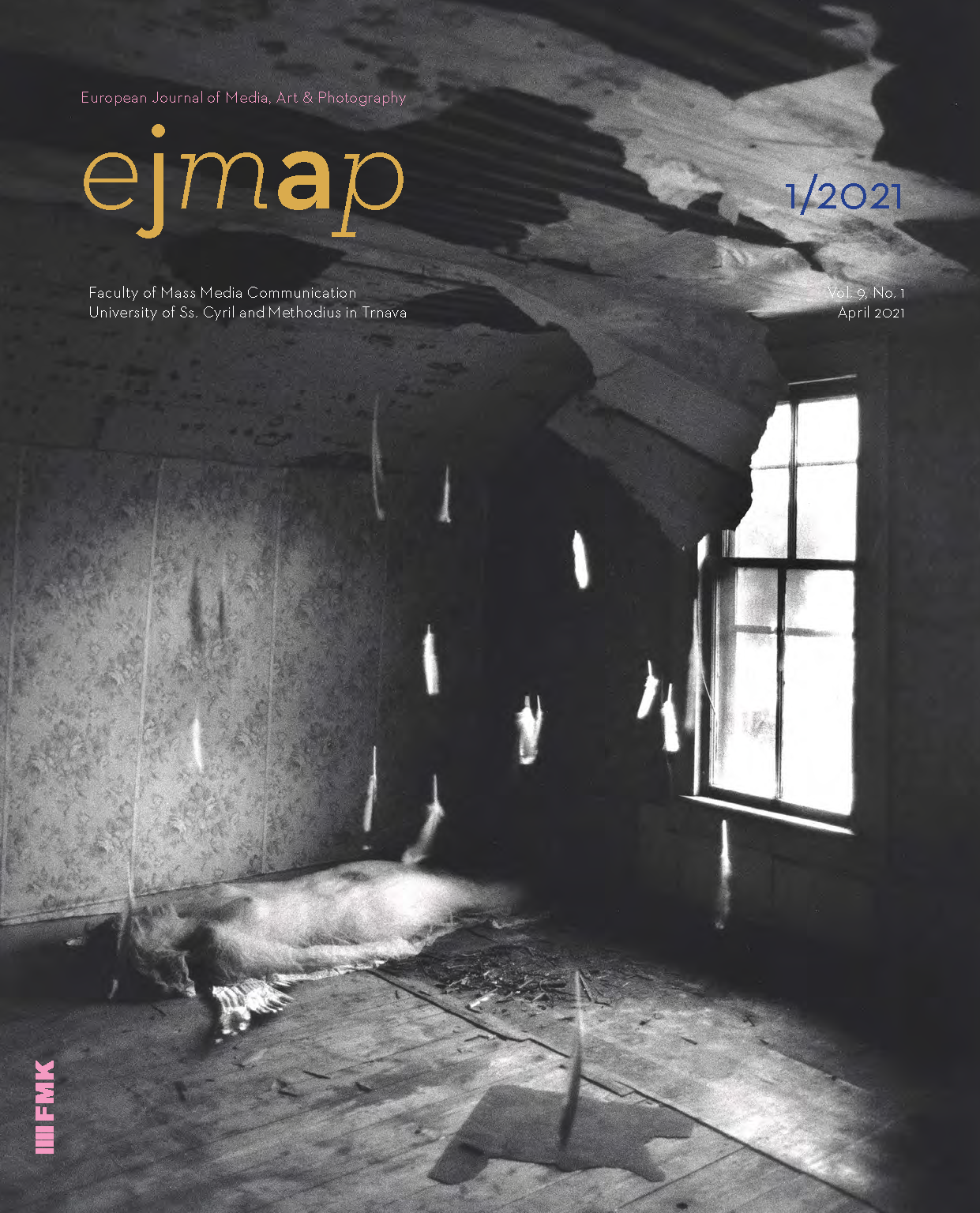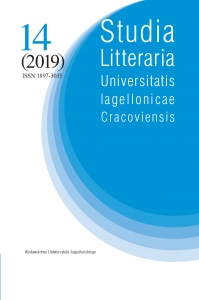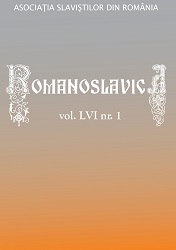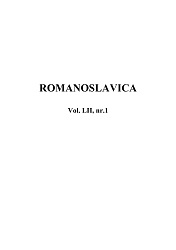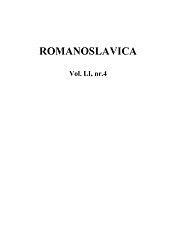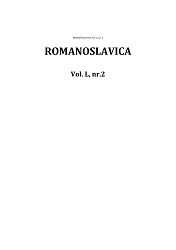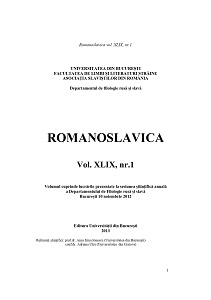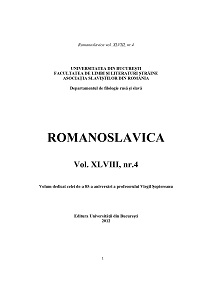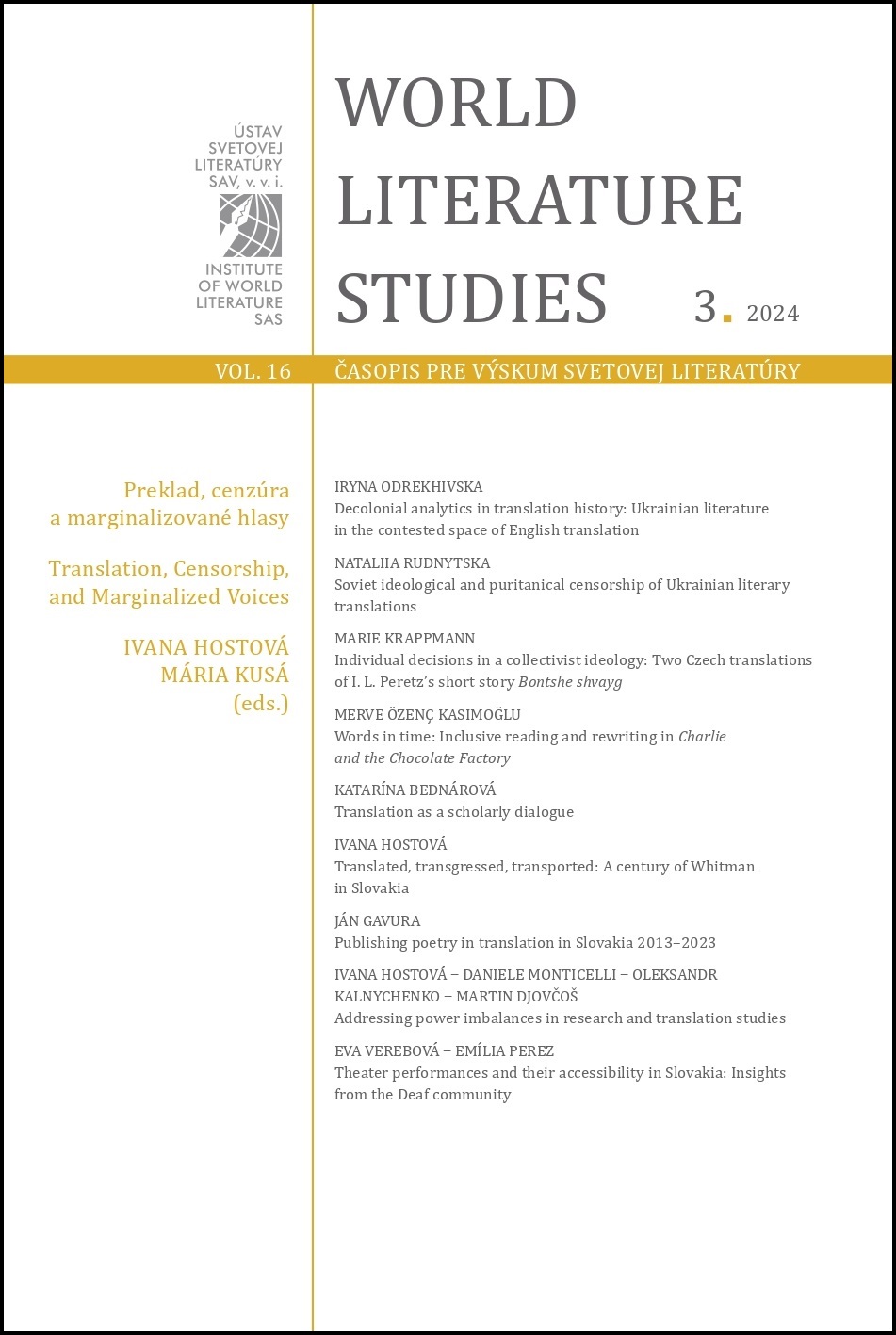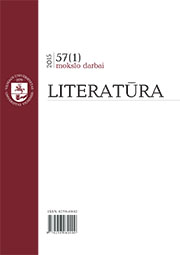
ČEKŲ, SLOVAKŲ IR LIETUVIŲ ESĖ SAMPRATOS ŠIANDIEN: DVI SKIRTINGOS STILIAUS SFERŲ DOMINANTĖS
Contemporary essay is widely-known and has gained significant popularity in Czech and Slovak cultural space, as well as in Lithuanian cultural space. However, we should keep in mind that the Czech-Slovak essay does not necessarily have to be identical to the Lithuanian essay, despite the fact that both cultures use the same term for these texts – esej in Czech, esė in Lithuanian. To compare how essay is understood in both environments, this paper applies the concept of the dominant to the Czech-Slovak and Lithuanian essay. Our understanding of the dominant follows Czech linguistic tradition; in particular, it was inspired by Roman Jakobson’s and Jan Mukařovský’s definitions of the dominant. If we apply the concept of the dominant to different groups of text, it becomes clear that each of them is characterized by a common feature. Striving to deliver profound – as opposed to trivial – knowledge is the basic requirement for the sphere of professional (for example, scientific or technical) texts whose main purpose is to convey facts and information. For belles-lettres texts, aesthetic qualities are absolutely essential. Finally, manifests of author personality are typical for publicistic texts. The Czech-Slovak essay is situated among these three groups of texts, and it is clear that all of the mentioned features are distinctly pronounced in it.
More...
